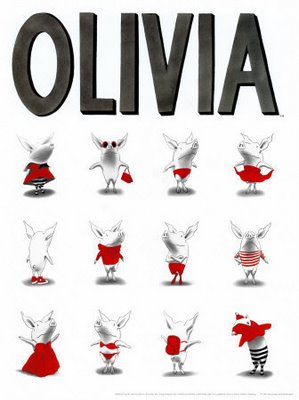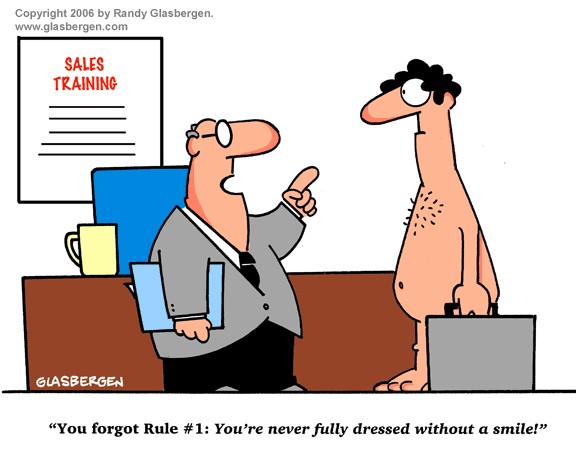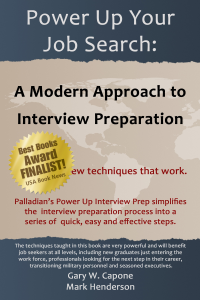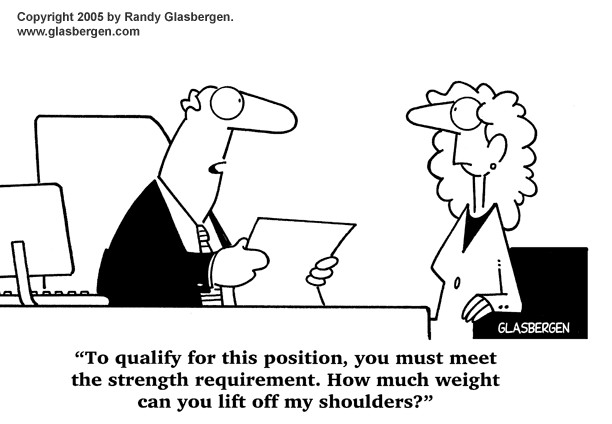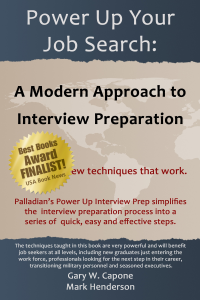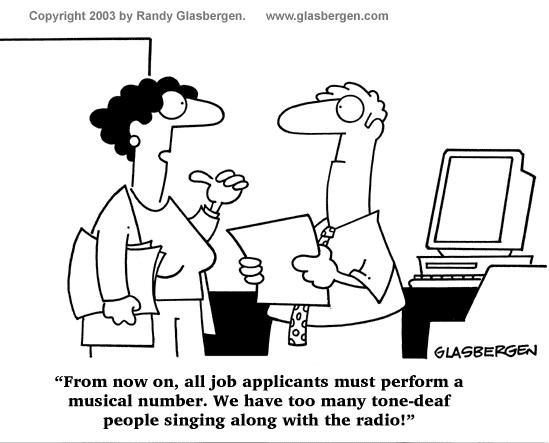In almost every interview, you will be asked why you left your previous employers. This is a question designed to uncover reasons for the hiring manager to reject you. It will not help you get the job and is a question you need to survive.
The reasons you left a company can provide a lot of insight into your performance, potential and motivation. With this question, a hiring manager is trying to see if there is something in the candidate’s background that will lead them to eventually fire the candidate. If another company fired someone for poor performance, a hiring manager will typically assume the candidate will perform similarly. You can change this perception if you prepare and speak honestly about the experience.
It would be nice if every candidate was always successful and never had a bad career experience. This would render a question about leaving a former employer unimportant. The truth is most people have failed at some point in their careers. The failure might be minor, involving an unsuccessful project, or it could be major, involving a significant performance problem resulting in termination.
To be successful answering this question, you need to do three things. First, you need to be honest. Never make up something that isn’t true. Second, take responsibility for your performance. I have interviewed candidates who blame everyone but themselves. This makes a terrible impression and will sink your chances. Third, show what you have learned from the experience and would do differently.
Confidence is important when talking about your failures. The more you avoid a question about a time when you failed, the more the hiring manager will ask about it. With a goal of trying to uncover reasons to not hire you, the hiring manager will look for signs of a problem. Once something is identified, the hiring manager will ask follow up questions until it is clear whether the situation warrants rejecting the candidate.
If you were fired, you need to be able to explain what you would do differently. This doesn’t necessary mean you would be able to change a failure into a success. A lot of people have tried one career and found they weren’t suited to it. That’s fine. You just need to be able to explain what it was about that career that was not a match for your skills and abilities. If you aren’t changing fields, then you need to show what you learned from the experience. Failure is a great teach – if you are open to learning. Showing how you learned from failures can be as impressive as a success.
